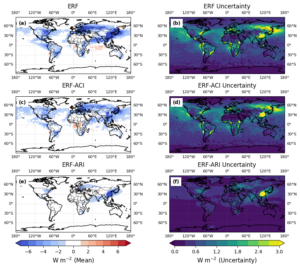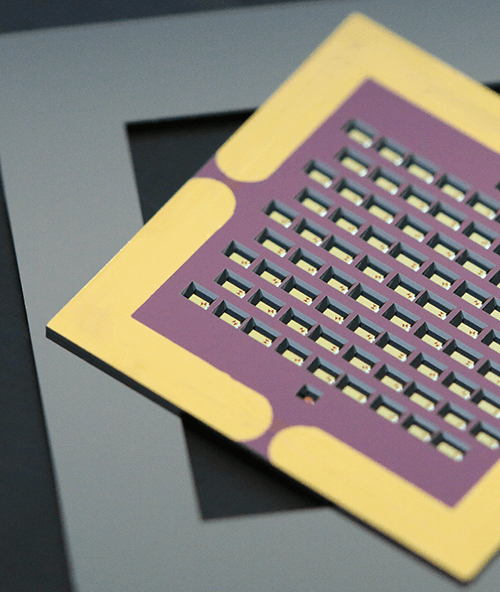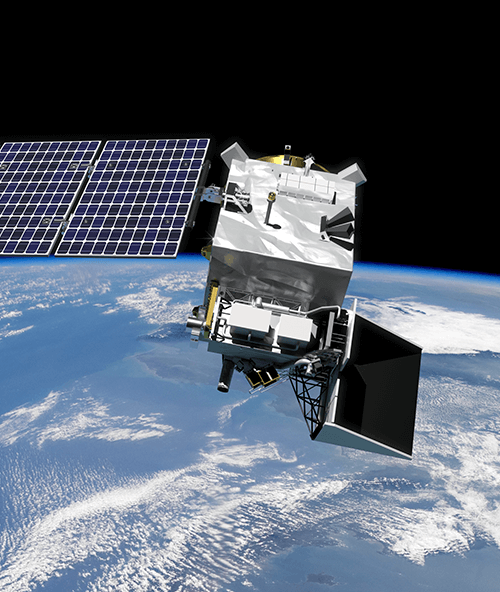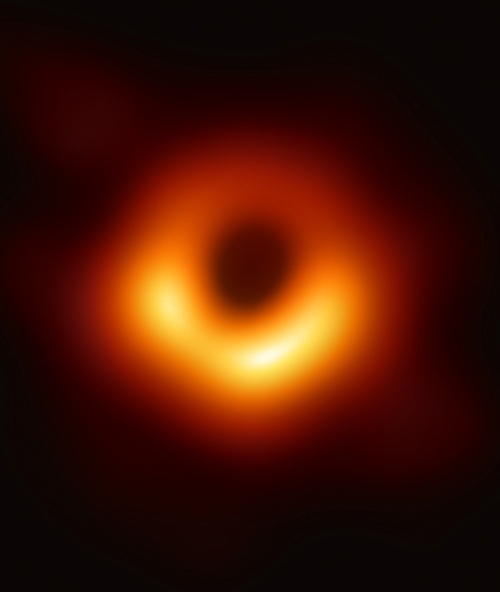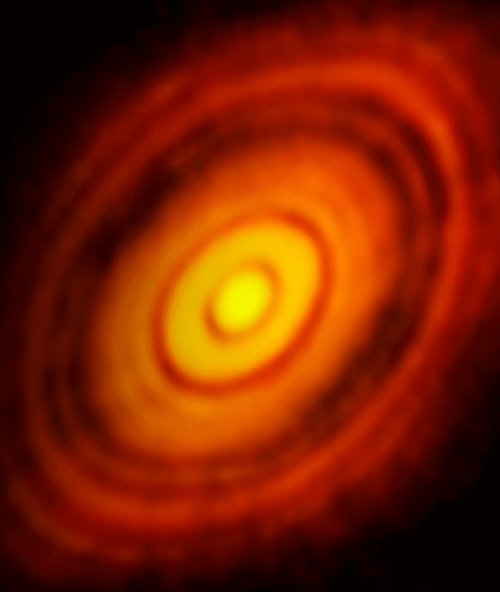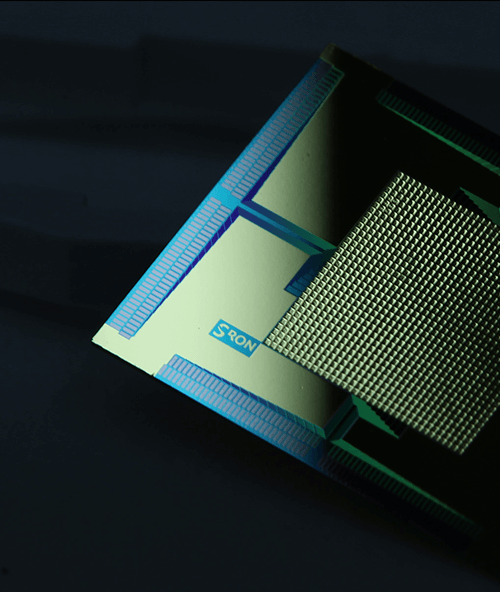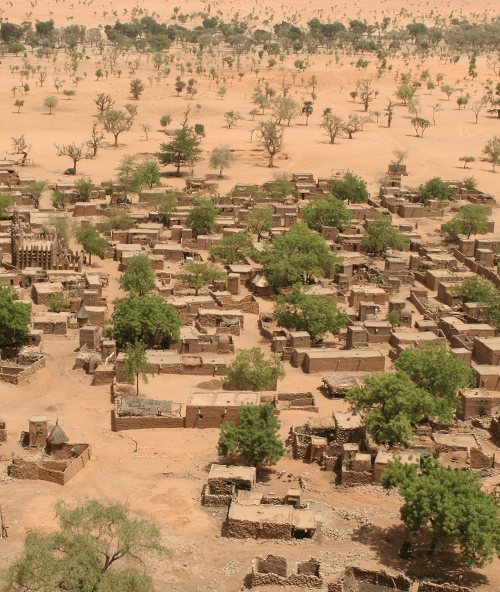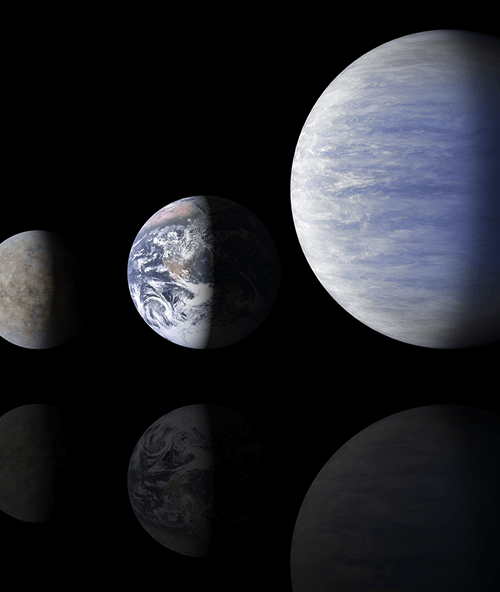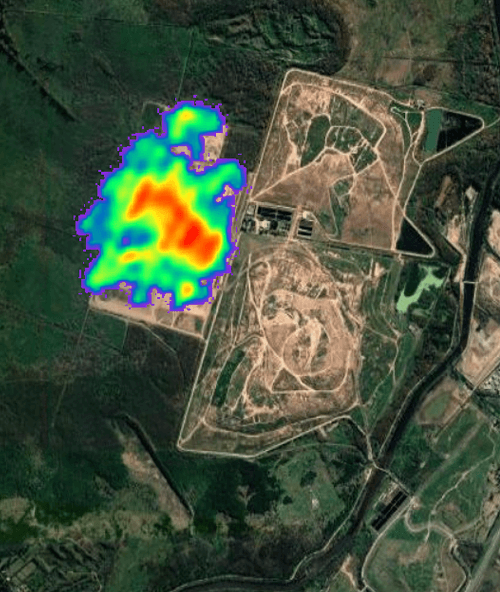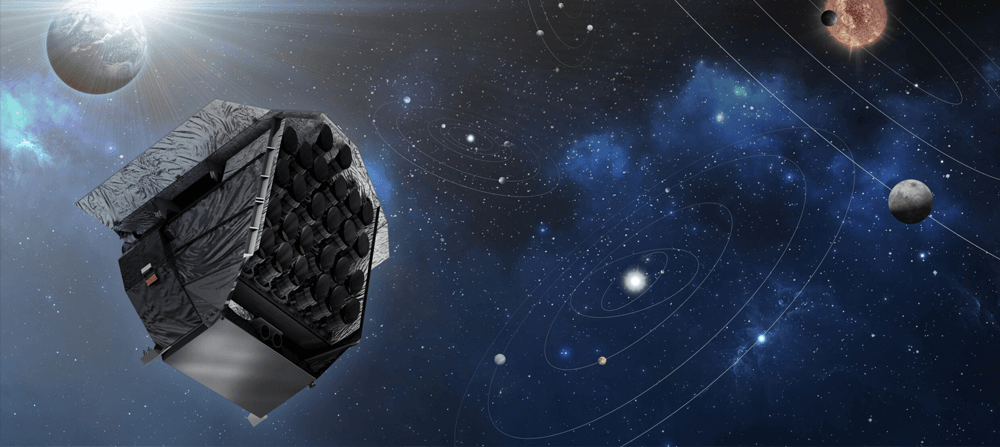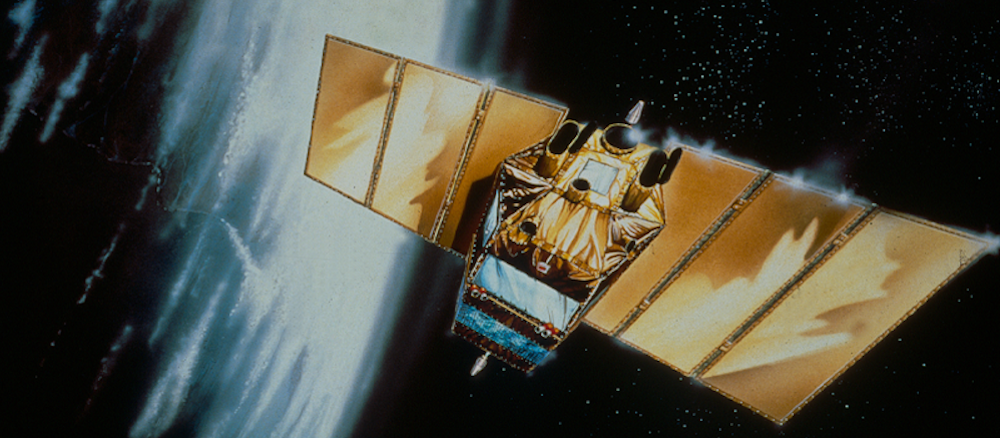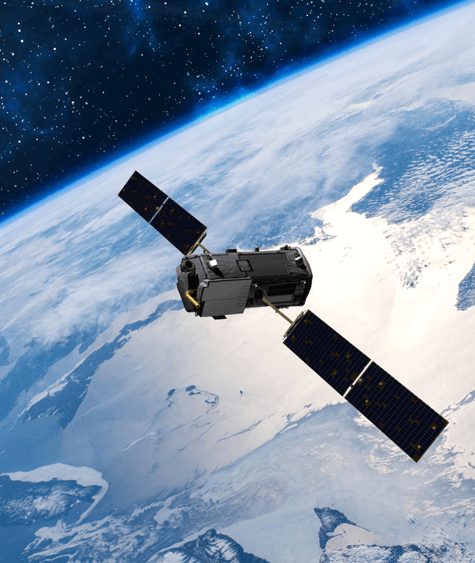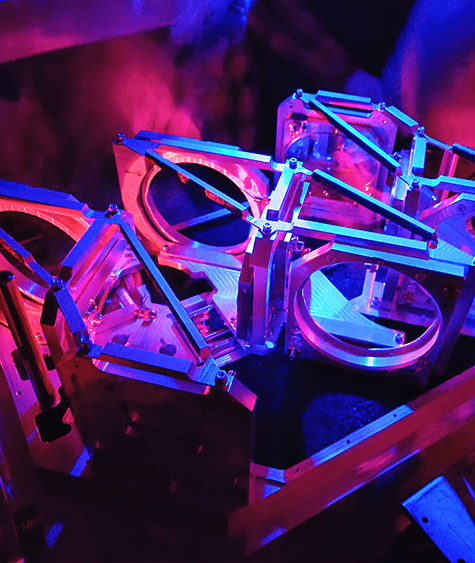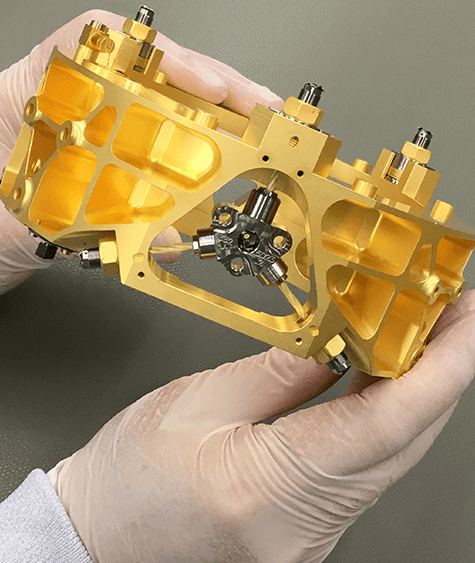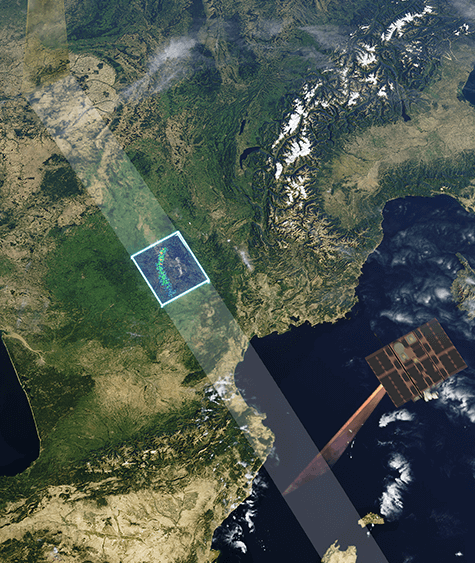About SRON
As the national institute for space research, SRON Space Research Organization Netherlands plays a vital role on behalf of the Dutch space research community. SRON is a leading international research institute operating at the forefront of space research to address fundamental questions about the cosmos and the Earth’s environment. As the primary space research institute in the Netherlands, SRON serves as a focal point for coordinating and conducting cutting-edge research in astrophysics and Earth science from space. We collaborate closely with universities, research institutions and industry partners to leverage national expertise and resources to advance scientific discovery in these fields.
Read more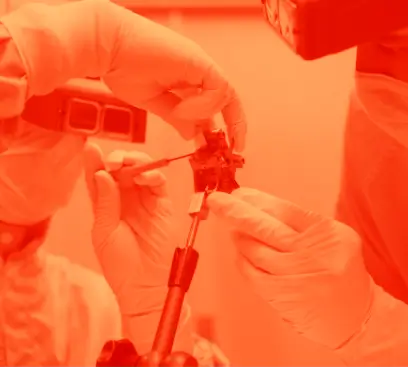
Missions
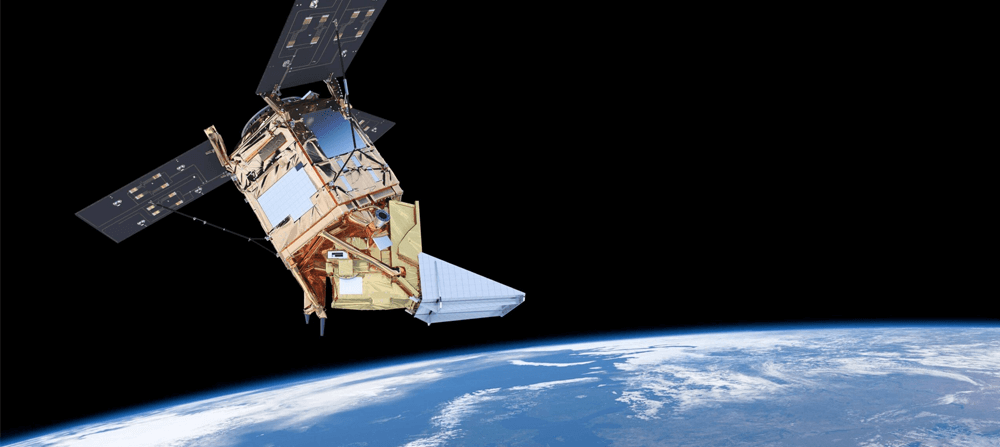 Active
Active
Pillars
For the answers of the future, we need to ask questions and push boundaries now. Five powerful pillars provide us with all that we need for this.



